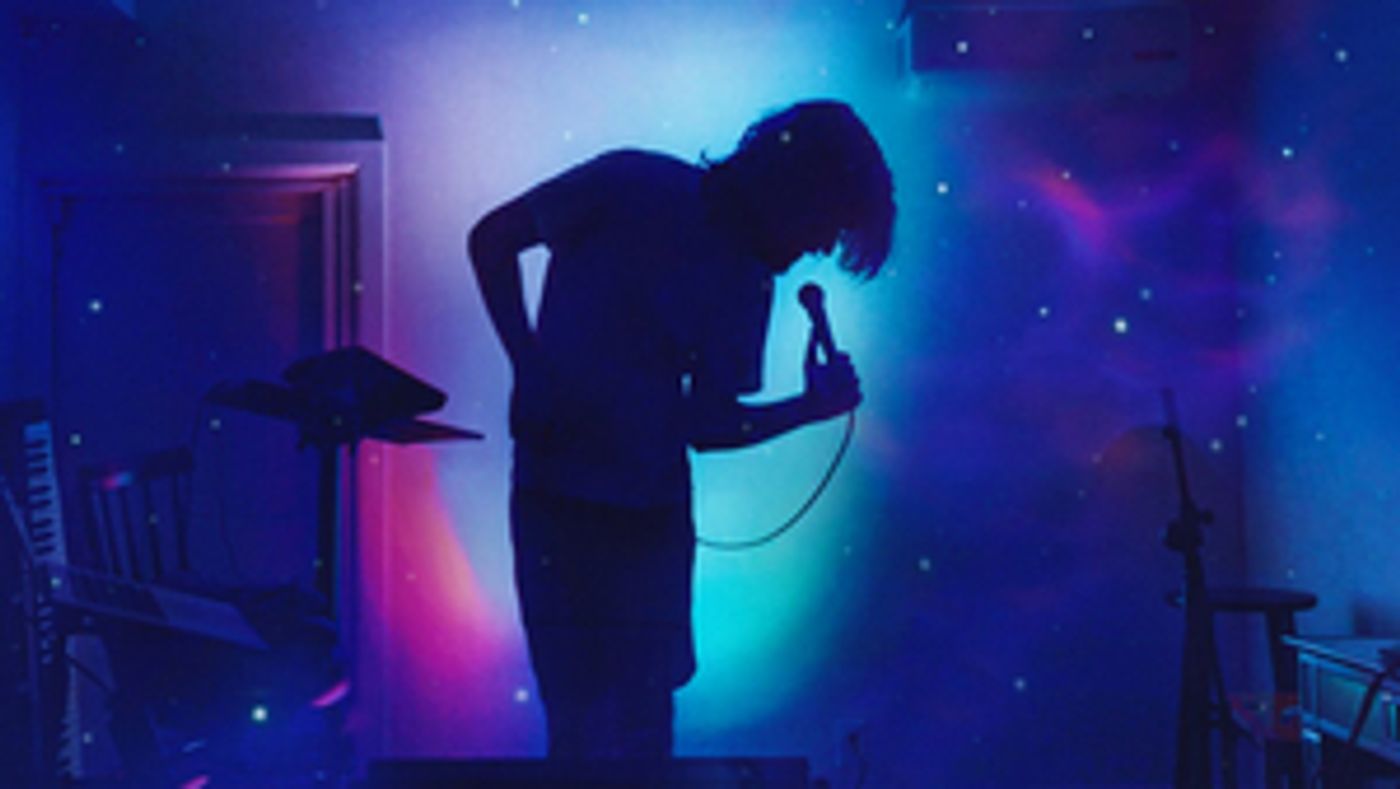Student Blog: The Rules Have Changed
Bo Burnham’s Artistry in the World of Comedy

Like anybody with a Netflix subscription in the year 2021, I've watched Bo Burnham's new internet-shattering special, Inside. In fact, I've watched it quite a few times. I've caught myself quoting bits and singing the songs to myself. Some would say I'm downright fond of it.
To be honest, I'm not here to discuss what makes Inside so incredibly smart and timely-nor am I here to unpack the musicality and comedy. That's been done a thousand times over since it first came out in May. Instead, I want to examine the unique combination of theatricality and cinematic artistry that Burnham uses to full effect in the confines of his single room.
Often, there is a disconnect between movies and Broadway. If a film is being adapted from a Broadway show, it's hard to recreate an authentic theatrical use of space within the sprawling world of the movie screen. If a movie is brought to the Broadway stage, the plethora of locations and cinematic conventions are often lost in translation. Though not an adaptation, Inside makes use of both sets of conventions with ease. The fact that the entire special (save a small scene at the end) is set in the same room, almost always from the same angle, is highly theatrical.
Think of shows that use the blank slate of the stage to create highly fluid (and sometimes purposefully unidentifiable) settings-shows like Falsettos, Hamilton, and RENT. These productions are traditionally staged with one base set, the rest of the sense of place coming from props, lighting, and music. This is a sensibility that Burnham evokes time and time again-with the varied use of projection and lighting, songs like "Welcome to the Internet," "That Funny Feeling," and "All Eyes On Me" are all filmed from essentially the same angle but manufacture entirely different emotions.
Staying in one space is common in comedy. It is, first and foremost, theatre. Stand-up shows happen on a stage in front of a live audience. Lines are memorized. The spotlight is focused on one player. Emotions are exaggerated or fabricated to elicit a reaction from the audience. In Burnham's case, songs are performed that push the narrative forward in an interesting way. But Inside differs in the sense that there is no audience. It's a product of the pandemic, and as a consequence, it has to find new ways to cue the at-home audience and keep them engaged. The run-of-the-mill camerawork that permeates comedy specials-meant to provide a visual without distracting from the content-simply wouldn't cut it for COVID comedy. This is where Burnham marries the age-old theatre of comedy with filmmaking, a simple yet revolutionary move that has yet to become popularized within the industry.
The fact of the matter is that Burnham knows what he's doing when it comes to filmmaking. From the set dressing to the dramatic lighting to the carefully calculated camera angles, everything is intentional. The camera is no longer a tool for delivering comedy into people's living rooms, but rather another being-moving, thinking, feeling. In taking up the mantle of editor, Burnham once again rewrites the rules for how comedians deliver their work to the masses. He has complete control over the entire product-the narrative is solely his.
I like to think that Inside will forever change the way that comedians perform. Keep the stand-up shows, of course-they're a classic form of entertainment that I doubt is going anywhere. (Plus, I'm dying to go see Hannah Gadsby live.) But when it comes to video specials, the game has changed. The rules are different. The goalpost has moved. It's no longer acceptable for comedians to have a few cameras in the audience and call it good. Now, there is a new layer of artistry. There is lighting and projections and sound cues and interesting angles and homages to film. There is a heightened sense of performance, and endless possibilities to make comedy more than a man pacing the stage asking "Have you ever noticed...?"
Comedy is about to enter a new age, and I, for one, am excited to see what comes next.

Videos


